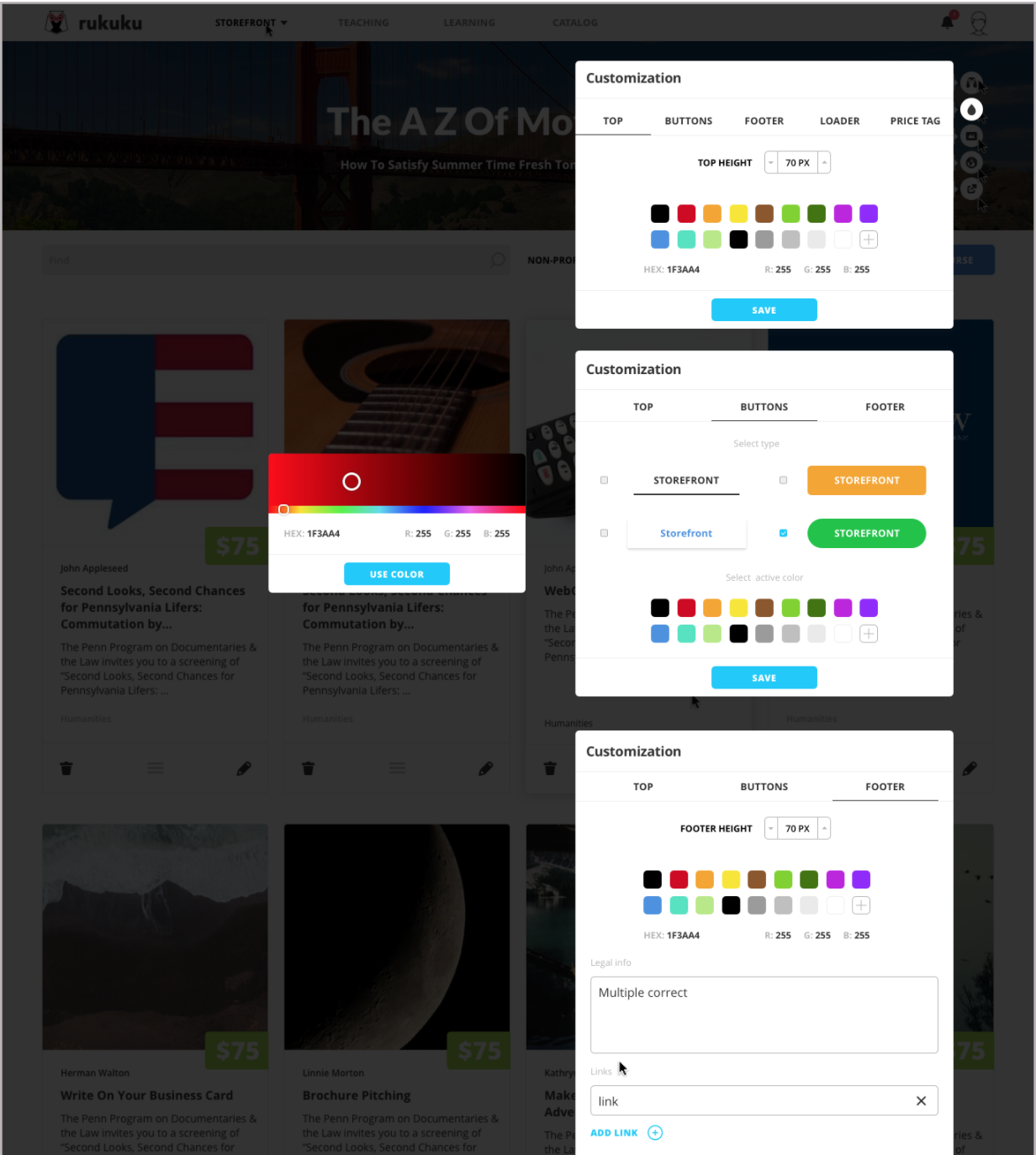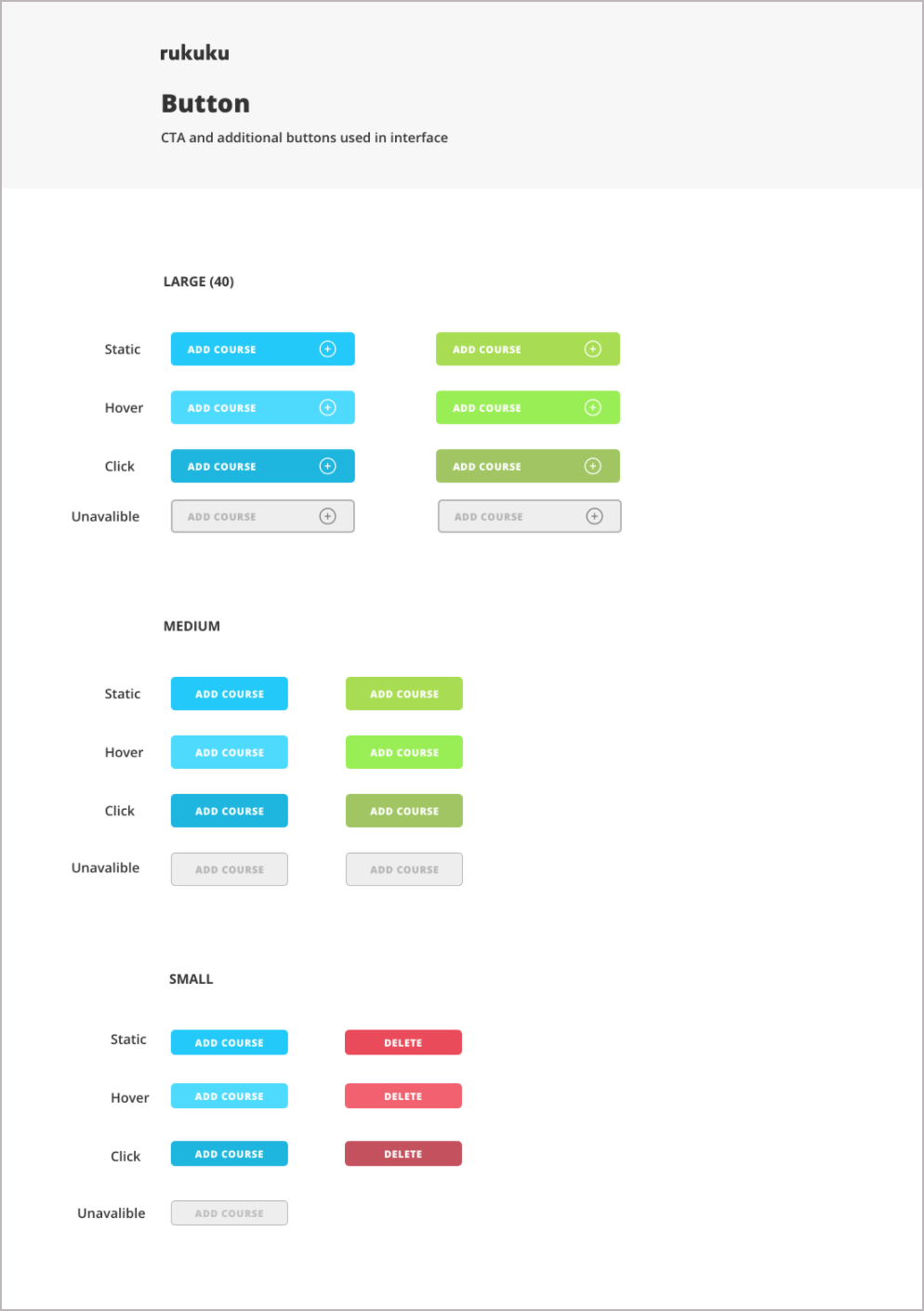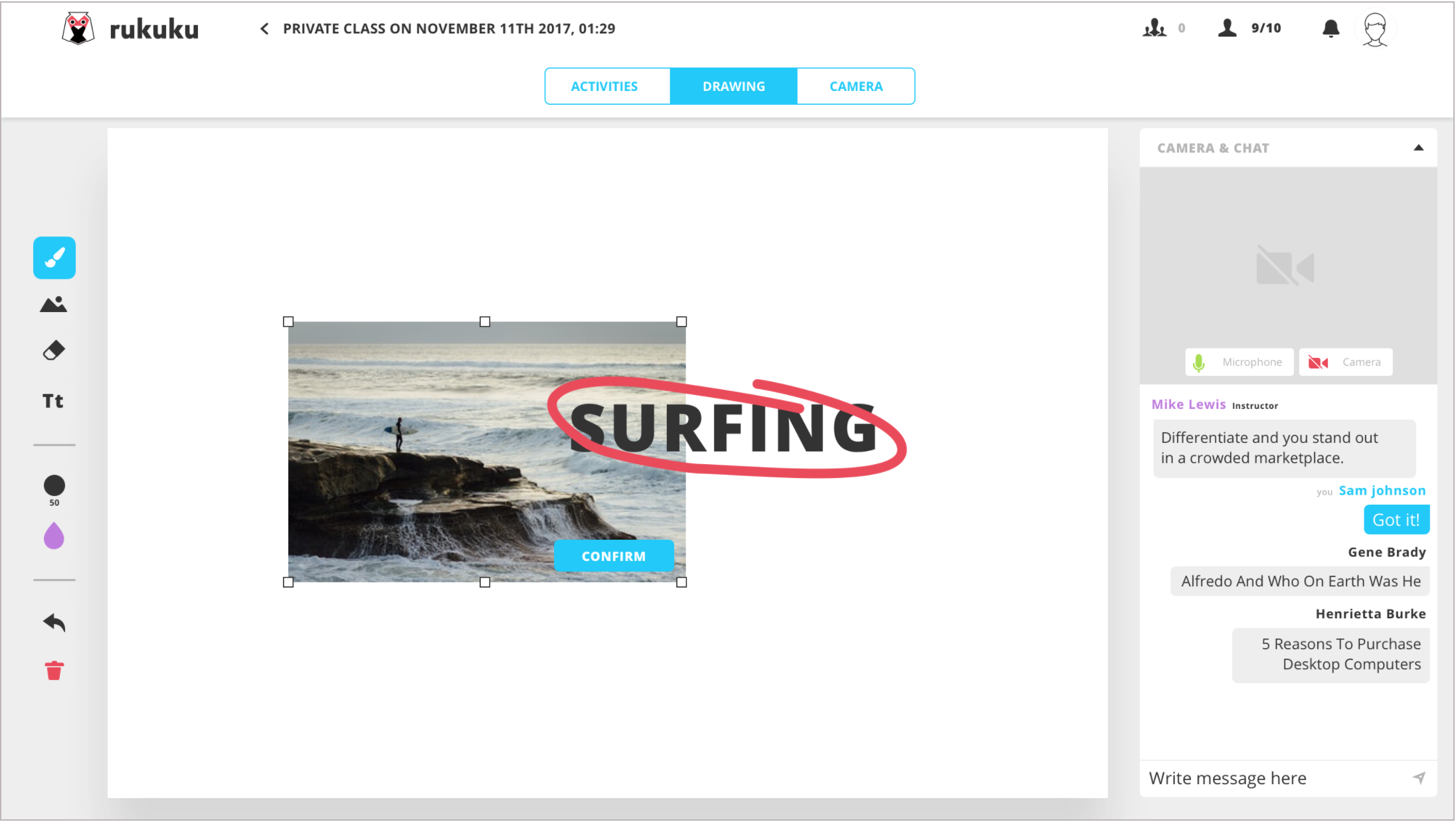If your corporate training activities rely on the traditional face-to-face interaction in a classroom, you may go out of business completely as the novel coronavirus continues its spread.
Along with the news of companies big and small canceling key conferences and meetings throughout the world, what is left out is the mass cancellations of training workshops of all sorts. If you were a training vendor at Apple, your scheduled workshop at Apple HQ in Cupertino was cancelled until further notice. If you trained Facebook employees – canceled. Google? – Cancelled. Salesforce? – That business is gone for now. The grim reality is that ALL face-to-face training has been cancelled.
The antiquated world of traditional training vendors is crumbling, and there is no going back to business as usual. First, responsible corporations are limiting most business-related trips to ensure the safety of their employees, and this limitation is likely to stay for long. Second, training vendors themselves also need to ground their personnel for the same reasons. So on the one hand, the vendors’ customers are afraid and don’t want to meet in one room with them, and on the other hand, their employees don’t want to travel and are afraid to meet the customers. The circle of doom is complete.
The future of the corporate training industry belongs to technology-enabled training vendor
- The ongoing battle with the novel coronavirus reveals the vulnerability of many business models and training approaches. The impact of the virus is already shaping up to influence the corporate training industry in at least three profound ways:
a major market shakeout in favor of the more technologically advanced training vendors - Scalable online training delivery becoming the default standard of corporate training
- Further growth of Learning Experience Platform (LXP) market as companies start to understand the value of internal expertise vs. third-party vendors
Let’s look at these in more detail.
Traditional training vendors are officially obsolete
If the current situation is not a wakeup call, what is? Traditions are good until they are not. The traditional “conference-room-and-pencil” training vendors are going to suffer the most in 2020 and beyond.
Those who have for so many years denied or postponed the obvious need to introduce technology-enabled distance training programs, will lose a lot of business. Many will go out of business altogether if they do not re-tool quickly.
These vendors need to act promptly to roll out three types of training program:
A. Instructor-led live online training
This is the first and logical step in the tech-enabled transformation. First of all, this approach is just as high-touch as the good old face-to-face training. Second of all, the approach is similar in scale and logistics: small groups of trainees need to cancel work, and gather at a predefined time to get the training.
While this approach is the cheapest to implement, it is also arguably the most valuable in this situation because instructors are able to implement it with relative ease. The biggest value comes from data: the vendors are quickly able to analyze what works best for them and their customers with online training delivery mode. This knowledge helps roll-out progressively better programs.
It’s still a face-to-face training program, but since there are no limits of the classroom’s physical space anymore, it can now be scaled to larger audiences.
B. Instructor-led blended online training
One of our company’s secret insights that can be shared here is related to this: our data clearly shows that **the holy grail of effective, scalable corporate training at this time is the instructor-led blended training program**. In the next decade, that’s where things are going. The “blend” will change in quality as more and more technological assistance will be thrown in the mix. However, our data shows that the key to success and effectiveness is the instructor. The human thought and personal touch and is then enhanced with technology, off-line activities, data, etc – to produce a super effective and scalable training programs that truly work.
A subset of this type of training is the Bootcamp: fast, intensive, laser-focused training that provides a big boost and a quick shot of essential new skills. Bootcamps work exceptionally well for groups up to about 50 trainees.
C. Self-paced training
Due to increasing affordability of high-quality video recording, the cost of producing a self-paced course has been going down. However, the time required to build a course—those with experience would agree that “build” is the better verb describign the process of course production—remains steady: depending on complexity, it takes at least a couple of weeks for a relatively simple scenario. Nevermind the technology: what matters most is course design and user testing.
There are quite a few popular coaches out there that re-package Steve Blank’s advice about product discovery and customer development as the best way to design a self-paced course. The very bad news is that the customer development process is too complex, too messy, and it is not for everyone. In our view at RKK LXP is that this process does not work for course development at all, and these consultants should be honest with their audiences about the limitations of the process that they repackage as the ultimate solution.
The good news is that rolling out a high-quality self-paced training program is much easier than finding a product-market fit for a business.
That said, some companies are still stuck in the ancient past with their e-learning modules for the antiquated world of LMS that’s shrinking fast in front of our eyes.
Our advice to the training industry is to stay away from the Learning Management System world altogether – it is a an expensive sinking ship. Companies who still use an LMS should think of cutting costs by shutting it down and implementing a better, more flexible solution: the Learning Experience Platform (LXP) like the one we offer on RUKUKU.com for a tiny fraction of the cost of an LMS.
In order to survive, these vendors will have to change their business model. They will need to transition to technology-enabled distance training delivery. The good news is that it is the future of corporate training anyway, and now is the good time to invest resources to implement this transition to stay relevant. The bad news is that, any delay will be fatal to many training vendors.
Traditions are good, and conservative approaches work well until they don’t work at all: not only the face-to-face training approach may be putting people’s lives at risk, the sheer life of many traditional training businesses may be facing an immininent end!
Future Corporate Training is scalable and online
Forget about cookies and coffee in a sleepy training office. It is naive to expect a change in policy after Covid-19 from most L&D managers. The virus may subside and go away, but the company regulations will stay unchanged for a long time. It is reasonable to think that corporations will generally do two things:
a) Businesses will move most corporate training in-house. This means that Learning Experience Platforms will grow in popularity as corporations will seek to tap into their internal expertise to deliver training. LXPs enable easy knowledge sharing among employees – now suddenly EVERYONE in a company or firm has the tools to deliver training to colleagues. RUKUKU.com is one example of such toolset.
b) Companies will require that all external training programming be delivered at scale and online. This means that outside training vendors must find a way to integrate into the client’s infrastructure or lose business.
We expect a burst in popularity of instructor-led corporate bootcamps.
To stay relevant, training vendors will have to be present on different platforms or use a tool like RUKUKU.com that allows an easy, inexpensive and secure integration with their customers’ IT infrastructure.
Agile training content development model will dominate
With all of the above, it is inevitable that corporations will spend more time and effort on obtaining and developing high-quality training programs that suit their goals best. Training vendors will have to innovate and iterate quickly to customize their offerings for different clients.
This means that vendors need to figure out how to do high-quality content development cheaply, quickly and constantly. Think YouTube channel style: agile, to-the point, always fresh.
Corporations, who embrace the LXP approach where all employees can easily become trainers, will soon discover that most of the content pieces in the crowd-sourced will be the following formats: text, video, pdf, video-conference, quiz, presentation and shared documents. One really does not need anything else to deliver great training.
This means very expensive e-learning modules of the past, running on your 90’s-era LMS are the thing of the past. They are going away for good as most training programs do not need to be in a specialized “SCORM” enabled Adobe Flash (what?) container. E-learning modules have never been sexy, but they should be pretty dead in the new age of corporate training.
To sum it all up, in order to stay relevant, corporate instruction must be digital, remote, and scalable. And put the instructor back into the training programs, get rid of boring, inefficient e-learning modules.






